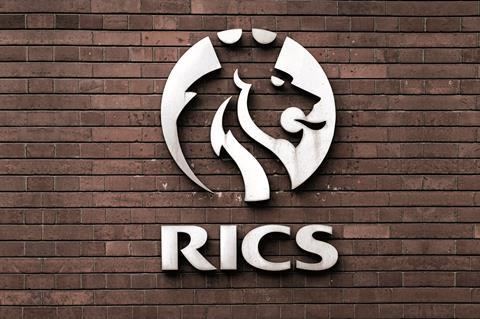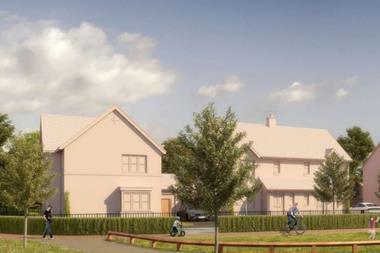Editor: Across 81 pages, the recent RICS review into valuation standards for investment property fails to address one of the most critical issues – the quality of spatial data used by surveyors to underpin their calculations.

Without addressing data accuracy, tougher standards around conflicts of interest and compliance are unlikely to achieve their intended aim.
To put this into context, our research shows the average home in London is mismeasured by 54 sq ft. This creates on average a £33,800 discrepancy in the valuation on these properties, costing buyers tens of millions across the capital each year cumulatively.
While RICS has predominantly focused on investment properties in its review, outdated property measurement methods are employed right across the property industry, raising significant data quality concerns. In the commercial sector, the potential for valuation error caused by measurement inaccuracy is staggering.
The omission of this issue from the RICS review overlooks serious concerns around the impact of inaccurate data on property investments and portfolios. This is a global issue that has far-reaching implications from large-scale financing to individual mortgages, particularly in such a volatile market.
There is an industry-wide need to embrace evolving technology to fix the problem of misleading data. By generating floorplans guaranteed to be accurate to 99%, we are setting a new standard for accuracy. Moving the market to a place where this level of accuracy is the norm will improve transparency across all transactions and increase transparency and confidence in the valuation process.
James D Marshall and Oliver Breach, founders, Pupil





























No comments yet